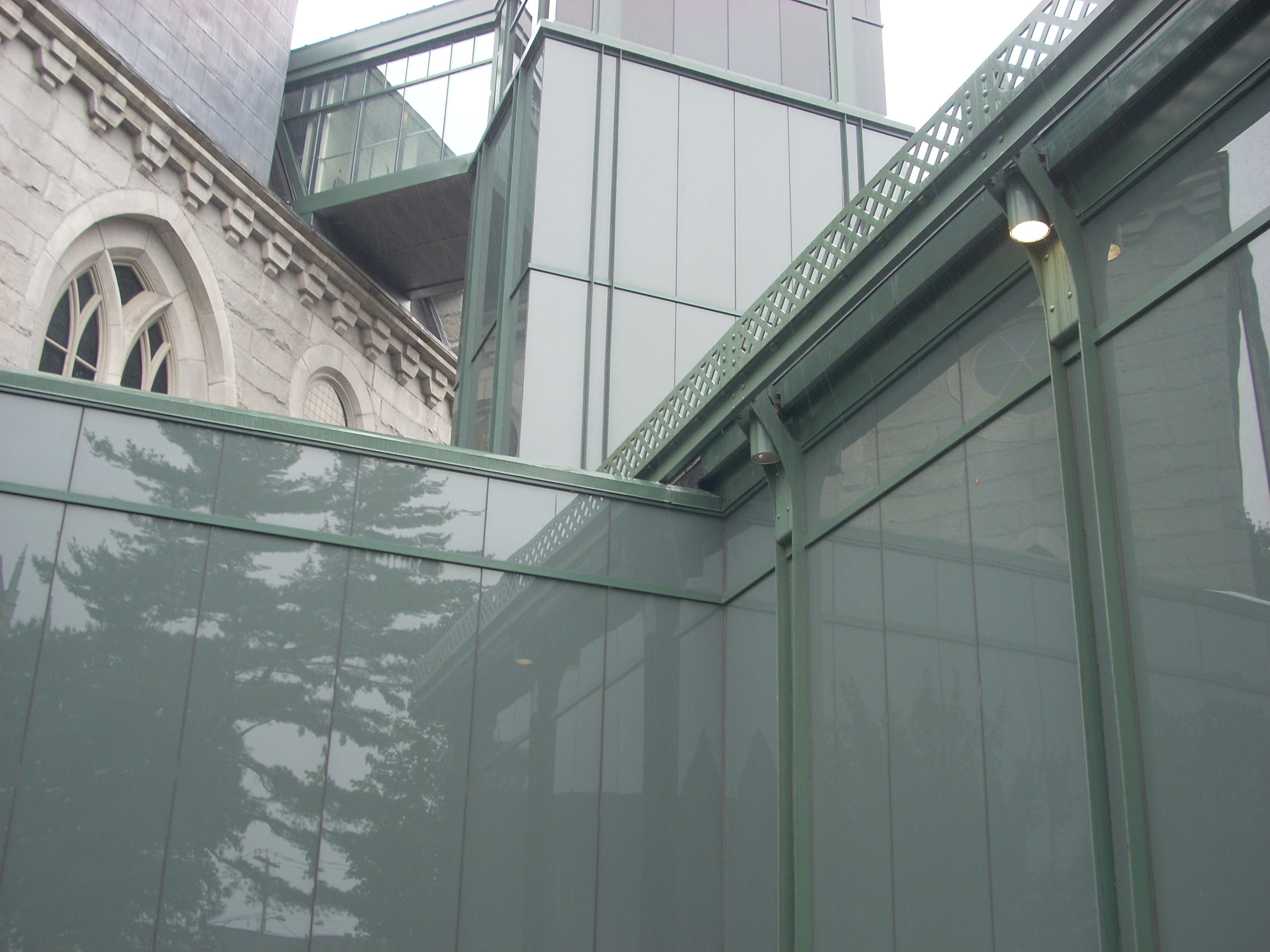
As in the case of Quad One, some rich insights regarding Quad Two can be derived from consideration of the differing perspectives on this quadrant that are offered by the American, British and Continental schools.
The American School
The American School attends to the dynamics of Q2 from two fundamental assumptions. First, it is assumed that Q2 feedback is “real” and “accurate.” If this feedback is not “real” and “accurate” that is because the person giving the feedback is either lying or for some reason has a distorted picture of the feedback recipient. This represents the “objectivist” stance of the American School. Somehow and somewhere there is a firm reality and an honest and competent (two elements of trust) observer who can accurately see and report on the behavior of another person. As we shall see, the British and Continental Schools assume a more “constructive” stance, believing that reality is constructed rather than observed and that feedback inevitably says as much about the sender as the receiver.
The second American School assumption (or bias) concerns the expansion of Q1. The bigger Q1 is the better it is for a relationship. This is why the original Johari Window was so often misunderstood by many American practitioners. It was assumed that the Window called on one to give feedback (as well as disclose to others, as we shall discuss in Chapter Seven). This is somewhat understandable given the origins of the Window in group dynamics workshops, where extensive feedback was the norm. However, as the movie, Bob, Ted, Carol and Alice so humorously (and painfully) illustrated, indiscriminate feedback outside the protected (and artificial) settings of the encounter group can be quite destructive.








